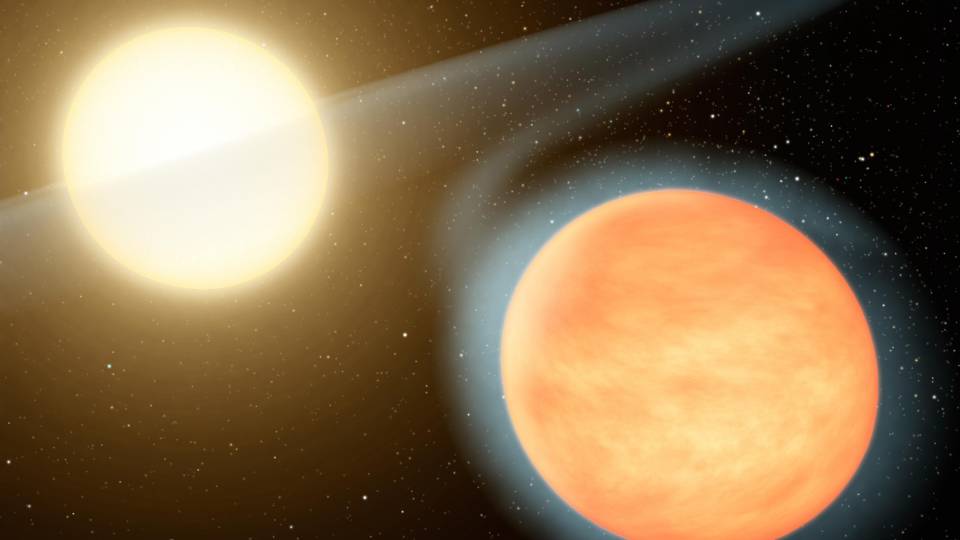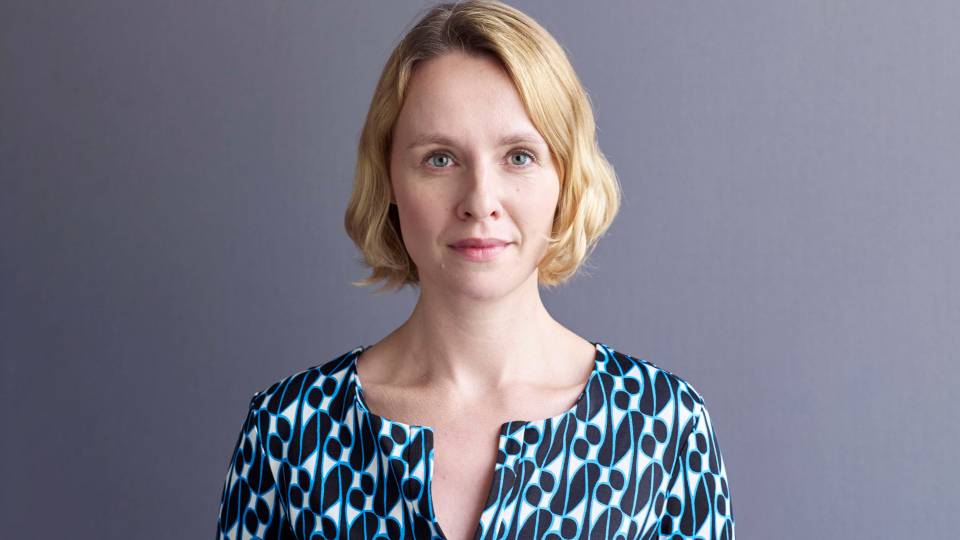Sixteenth-century astronomer and mathematician Galileo Galilei faced problems that would ring familiar with today's scientists, including finding funding, securing patent protection and dealing with publishing pressure. And, while he did most things extraordinarily well, his career was not without its failures, said author Dava Sobel at a lecture on campus March 14.
"In his day, Galileo had the same issues as today's scientists," said Sobel, who gave the Donald Ross Hamilton Lecture on "Galileo: Working Scientist." Her book "Galileo's Daughter" is based on the Italian scientist and 124 letters to Galileo from his eldest daughter.
Sobel, a science reporter at the New York Times, explained Galileo's lack of funds and resources. "He held a low-paying job as a teacher and used his income to support his three daughters and widowed mother; pay for his sisters' dowries; and help take care of his brother and family," she said. "He was a kind and giving man."
While Galileo did not invent the telescope, he turned it into a dynamic instrument, Sobel said. He tried to get a patent for it, but was turned away because it was believed to be easy to duplicate.
He used the telescope to study Venus, Saturn and the mountains on the moon. He claimed to have proved that the Milky Way was made up of tiny stars, and he discovered Jupiter's orbiting bodies. "His discovery of Jupiter's moons helped him secure a higher paying job," added Sobel. After this discovery, he was named "Mathematician and Philosopher" to the Grand Duke of Tuscany.
"This title was very important to him, because he wanted others to know the importance of mathematics," noted Sobel. "Unlike his peers, Galileo was convinced that mathematics was the way into science."
Galileo also had his share of mistakes. According to Sobel, "Galileo missed the discovery of Neptune; could not accept the moon's impact on tides; and was convinced that comets were atmospheric disturbances instead of objects in the heavens."
There is one thing that most modern scientists don't have to worry about: Galileo was committed to house arrest for the remainder of his life because of his support for Copernicus' notion that Earth revolves around the sun, which was considered a contradiction to religious scripture.
"Galileo's Daughter," was the winner of the 1999 Los Angeles Times Book Prize for science and technology, and a finalist for the 2000 Pulitzer Prize in biography. "Letters to Father," Sobel's second book, was published last fall and contained the full text of Galileo's daughter's correspondence.
The Hamilton Lecture is sponsored by the Department of Physics . This is the 30th year of the Lecture, which is in honor of Donald Hamilton, a member of the Princeton's 1935 undergraduate class and a former faculty member.
Contact: Marilyn Marks (609) 258-3601



